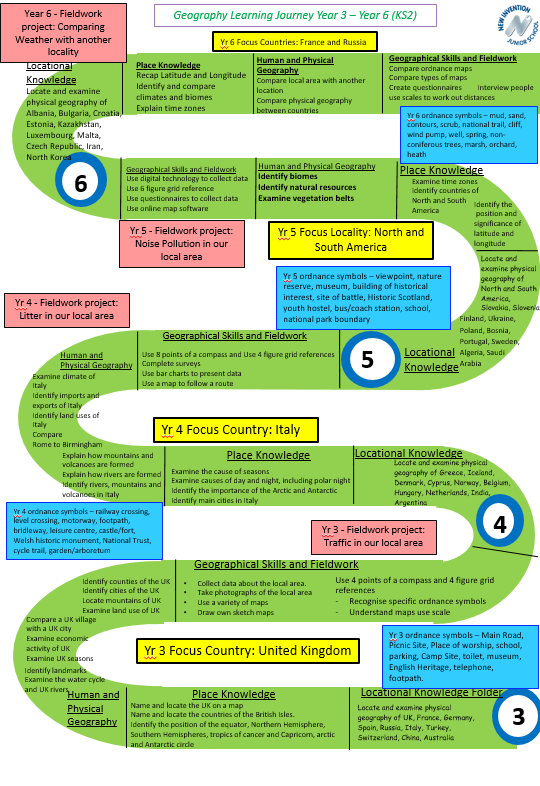Geography
Geography Intent
Our intent for Geography at New Invention Junior School is to ....
"Encourage curiosity, a sense of wonder and a love of geography"
Our intent will be achieved by:
- Stimulating pupils' enthusiasm for, and curiosity about their surroundings and the wider world
- Increasing their knowledge and understanding of the changing world
- Developing pupils' competence in specific geographical skills including how to use, draw and interpret maps; and pupils use of secondary sources, such as ICT, aerial photographs, and data logging equipment
- Fostering a sense of responsibility for the earth and its resources
- Increasing children’s knowledge of other cultures and, in so doing, teach a respect and understanding of what it means to be a positive citizen in a multi-cultural country;
Implementation of Geography at New Invention Junior School
Each year group has at least 1 focus country or locality which is linked to the National Curriculum objectives. They look in depth at both the physical and human geography of the location, as well comparing it to the UK. In addition, each year group has a selection of countries to examine, which will develop their locational knowledge of the world.
Year 3
Focus Country is UK,
Other countries to locate are France, Germany, Spain, Russia, Italy, Turkey, Switzerland, China, Australia
Year 4
Focus Country is ITALY
Other countries to locate are Greece, Iceland, Denmark, Cyprus, Norway, Belgium, Hungary, Netherlands, India, Argentina
Year 5
Focus Locality is NORTH and SOUTH AMERICA
Other countries to locate are Slovakia, Slovenia, Finland, Ukraine, Poland, Bosnia, Portugal, Sweden, Algeria, Saudi Arabia
Year 6
Focus countries are FRANCE and RUSSIA
Other countries to locate are Albania, Bulgaria, Croatia, Estonia, Kazakhstan, Luxembourg, Malta, Czech Republic, Iran, North Korea
In year 6, pupils usually have the opportunity to participate in a residential trip to France, in previous years pupils have visited landmarks such as the Eiffel Tower, the Louvre, the River Seine as well as a day at Disneyland Paris.
Impact of Geography
Impact is measured by the application of geographical skills and knowledge throughout each academic year. Geography teaching develops a range of investigation and problem-solving skills that are transferable to other curriculum areas, especially Science, Mathematics and English. Teachers use a combination of formative and diagnostic assessment to evaluate pupils prior knowledge, help identify goals or gaps and to adapt their teaching to ensure that, as well as meeting age-related expectations, as set out in the National Curriculum, pupils will be ready for the curriculum in Key Stage 3 and for life in the wider world. We aspire that pupils will leave New Invention Junior with a sense of curiosity, wonder and a love of geography, as well as an understanding that they are global citizens and have a key role in protecting the world around them.
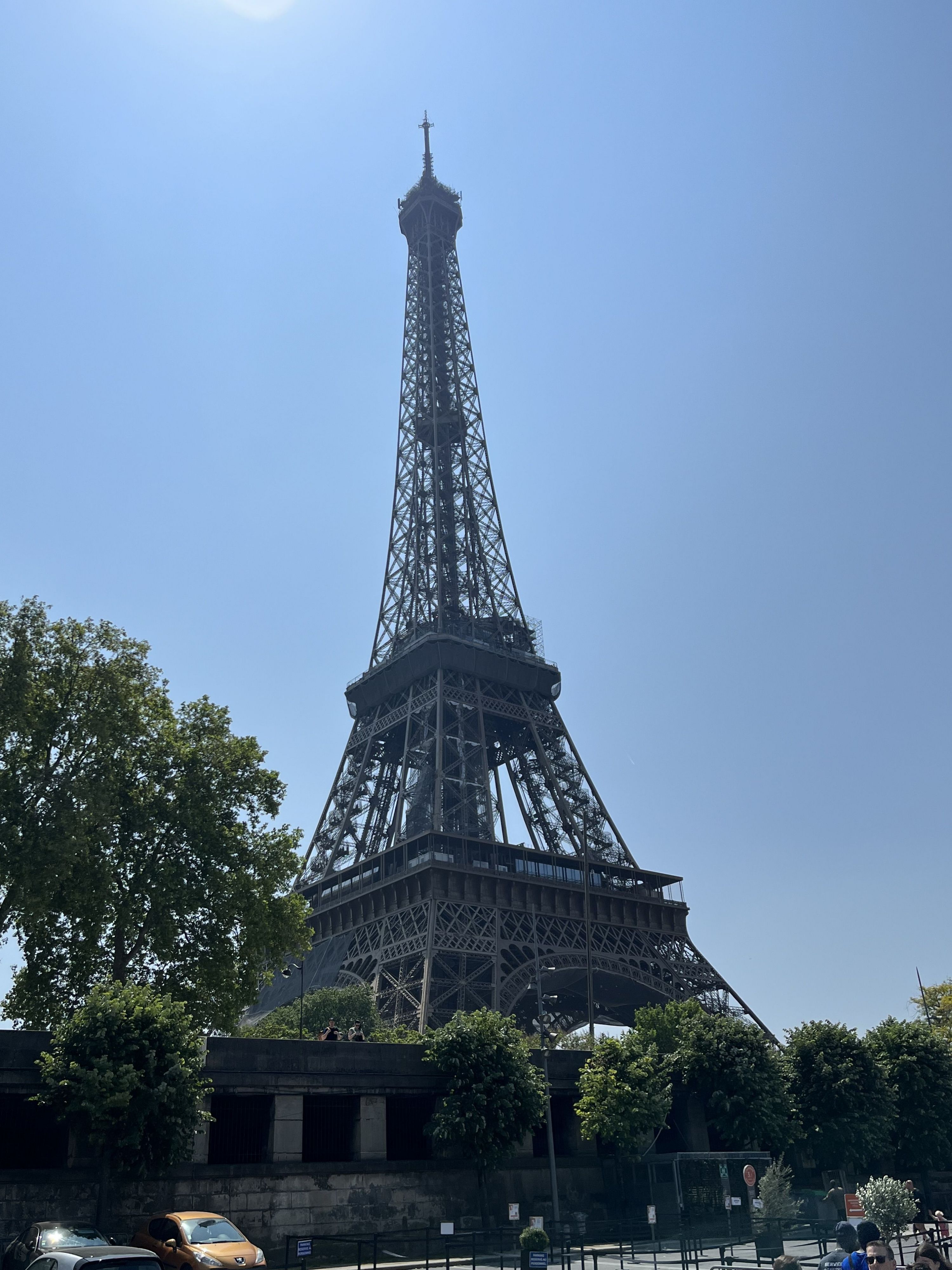  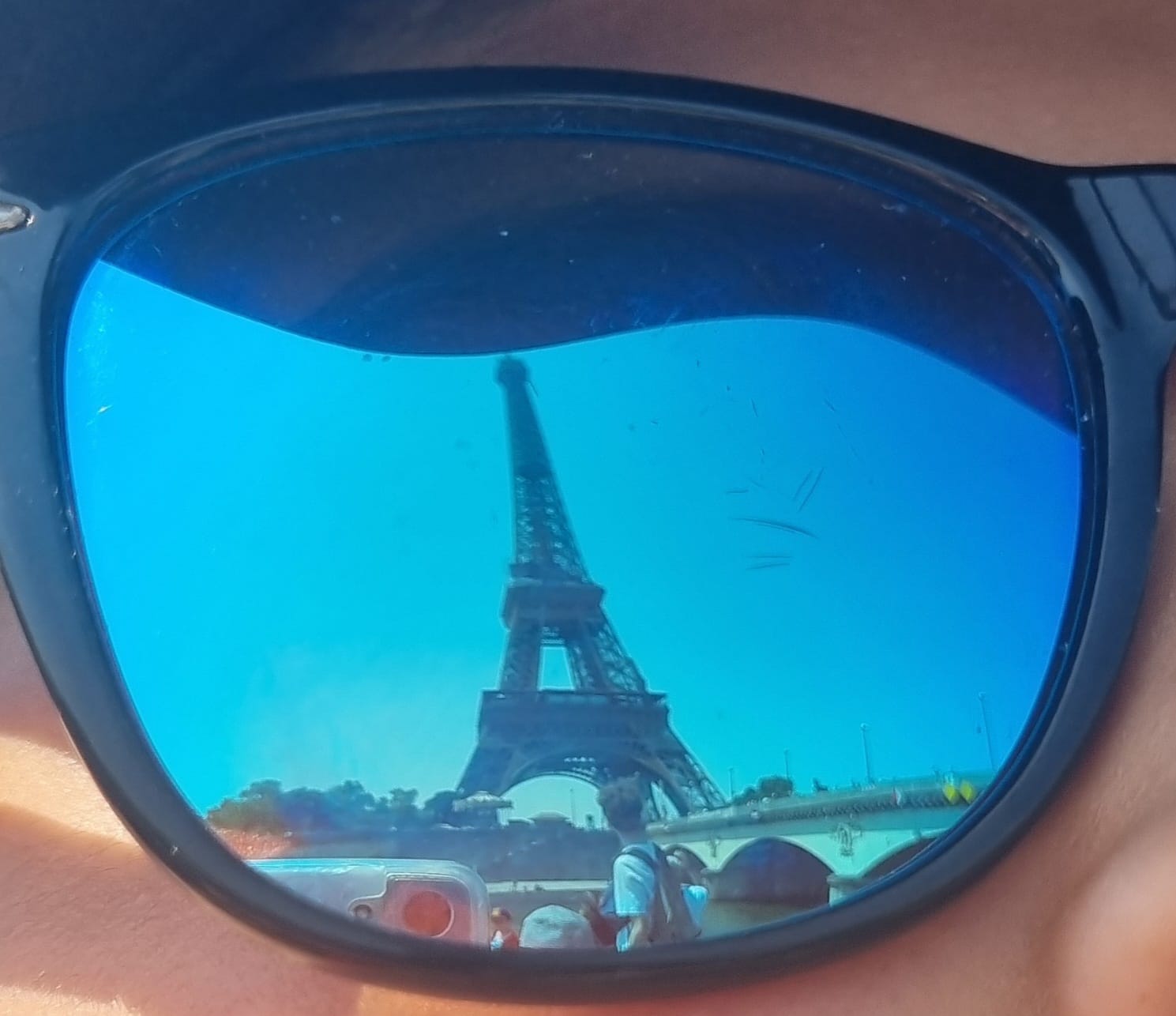 |
Our Learning Journey
Fieldwork
Fieldwork is an essential component of geography education. It enables pupils to better understand the ‘messiness’ of ‘geographical reality’, develop subject knowledge, and gain a range of skills that are difficult to develop in the classroom alone. However, the value is not simply the ‘geographical’ value of experiencing such things as landscape features, busy urban streets and unfamiliar cultures which helps ground the pupils’ local environment in the context of the global. It also aids motivation and self-development.
Each year group has a different fieldwork focus:
Year 3 - Traffic in our local area
Year 4 - Litter in our local area
Year 5 - Noise Pollution in our local area
Year 6 - Weather
Locational Knowledge
Some examples of our Locational Folder Work, done both in school and as homework.
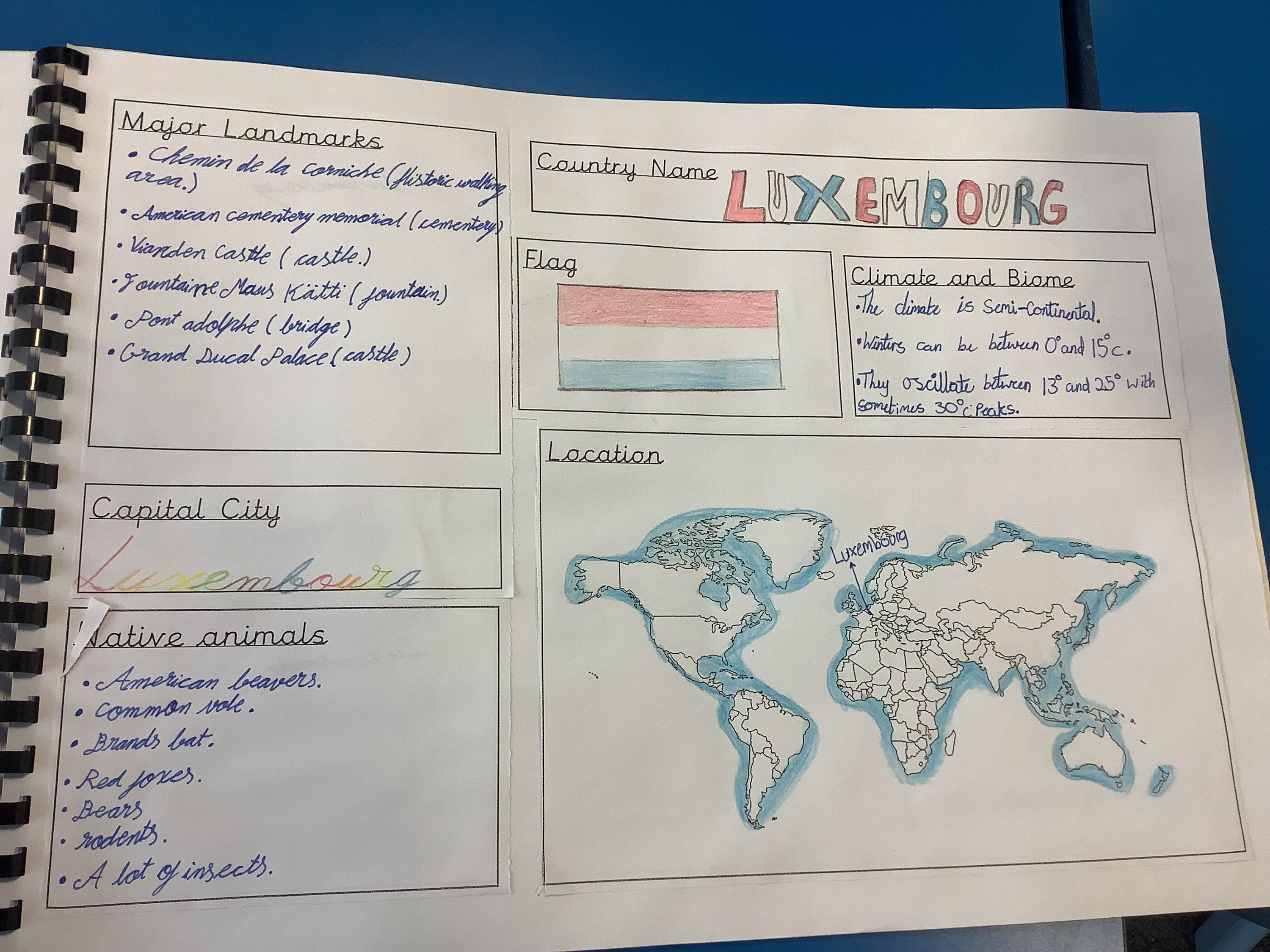
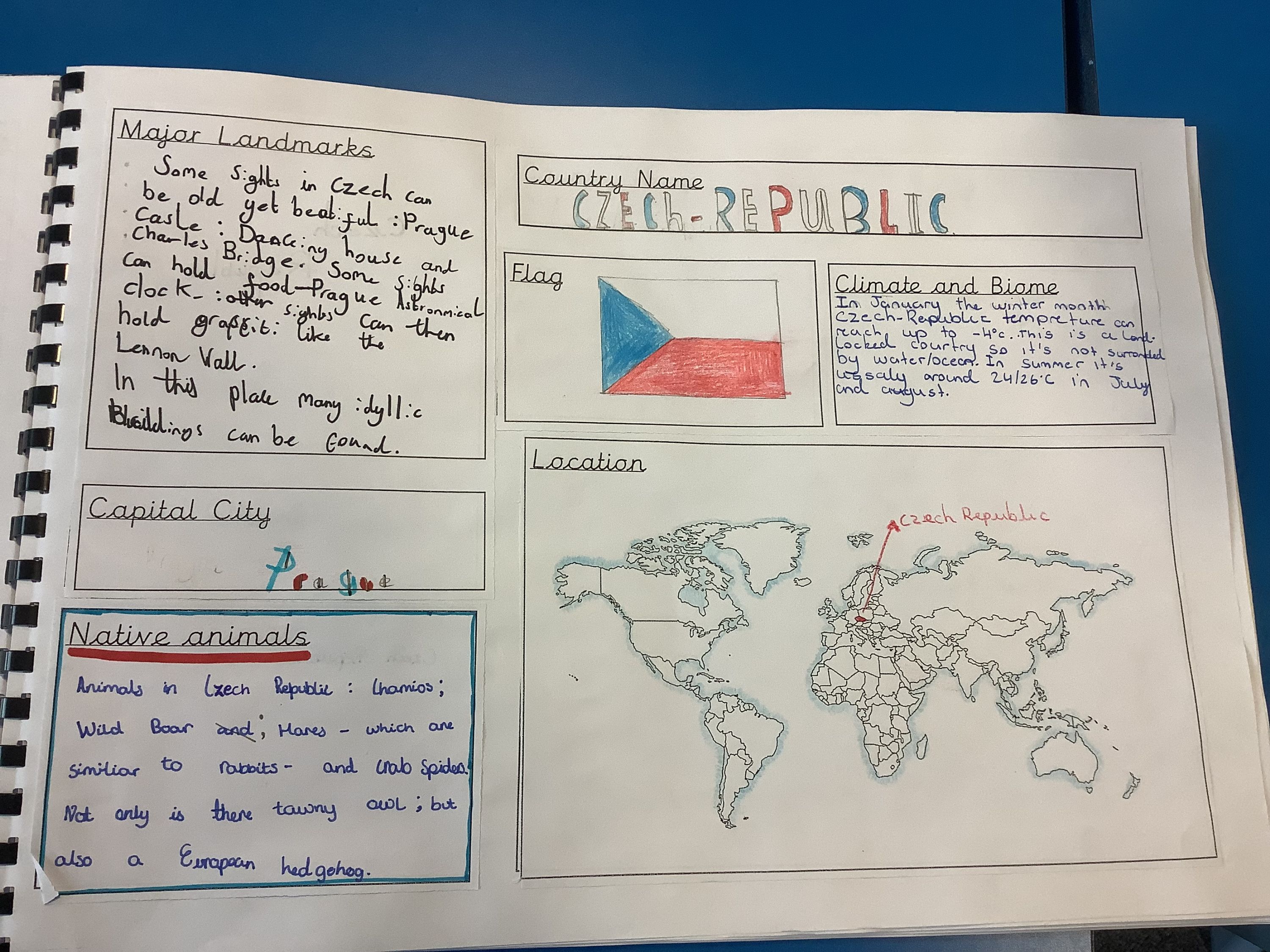
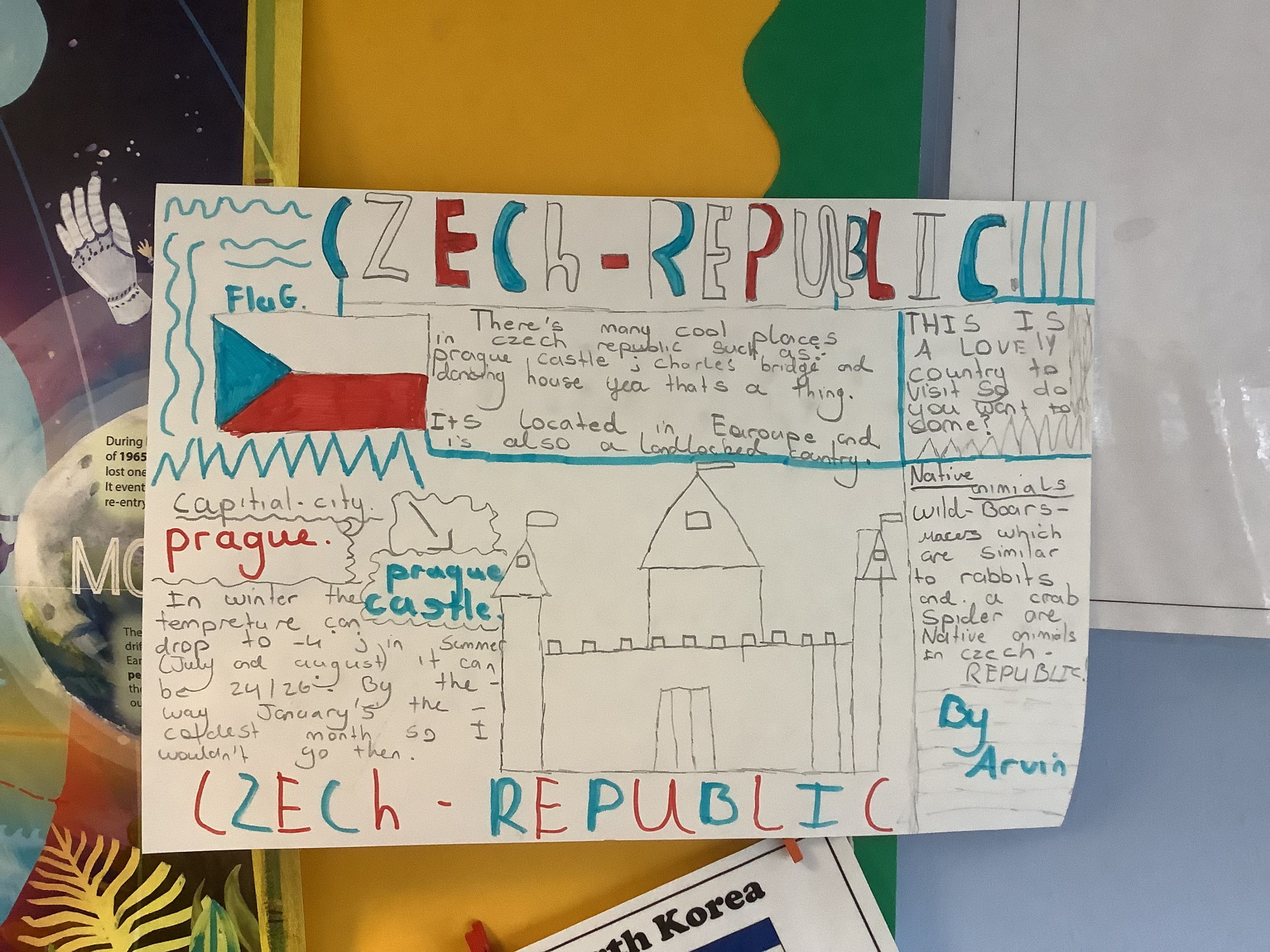
Supporting SEND in Geography
Within geography we use an adaptive teaching approach, where we maintain high expectations for every pupil and identify ways that we can support them to achieve the learning objective. We ensure that we vary our teaching styles using visual aids, videos, practical resources as well as discussion and simplification of language where needed. In addition, our teachers are constantly evaluating students' understanding in order to make appropriate adaptations for their needs. These adaptations can include:
- scaffolding
- explicit instruction
- use of technology
- cognitive strategies
- flexible grouping
Adaptive teaching is about skilful teacher questioning, purposeful interventions and quality discussions with students. It recognises that some learners need more support than others to reach their learning goals while others need to be stretched.

